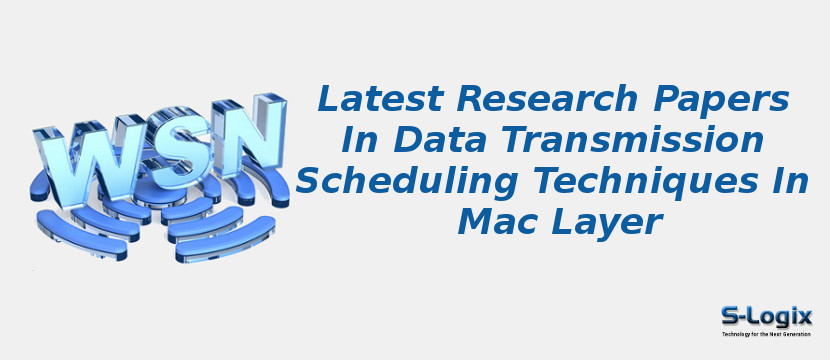Recent research in data transmission scheduling techniques in the MAC layer focuses on developing adaptive and intelligent scheduling mechanisms to optimize energy consumption, reduce latency, and enhance throughput in wireless sensor networks. Current studies emphasize dynamic slot allocation, contention-free scheduling, and learning-based prioritization to handle heterogeneous traffic efficiently. Machine learning and deep reinforcement learning models are increasingly used to predict transmission opportunities and adjust access parameters based on network states and data urgency. These approaches enable efficient utilization of limited bandwidth, minimize packet collisions, and extend the network’s lifetime, making them suitable for real-time and large-scale sensor network deployments.
